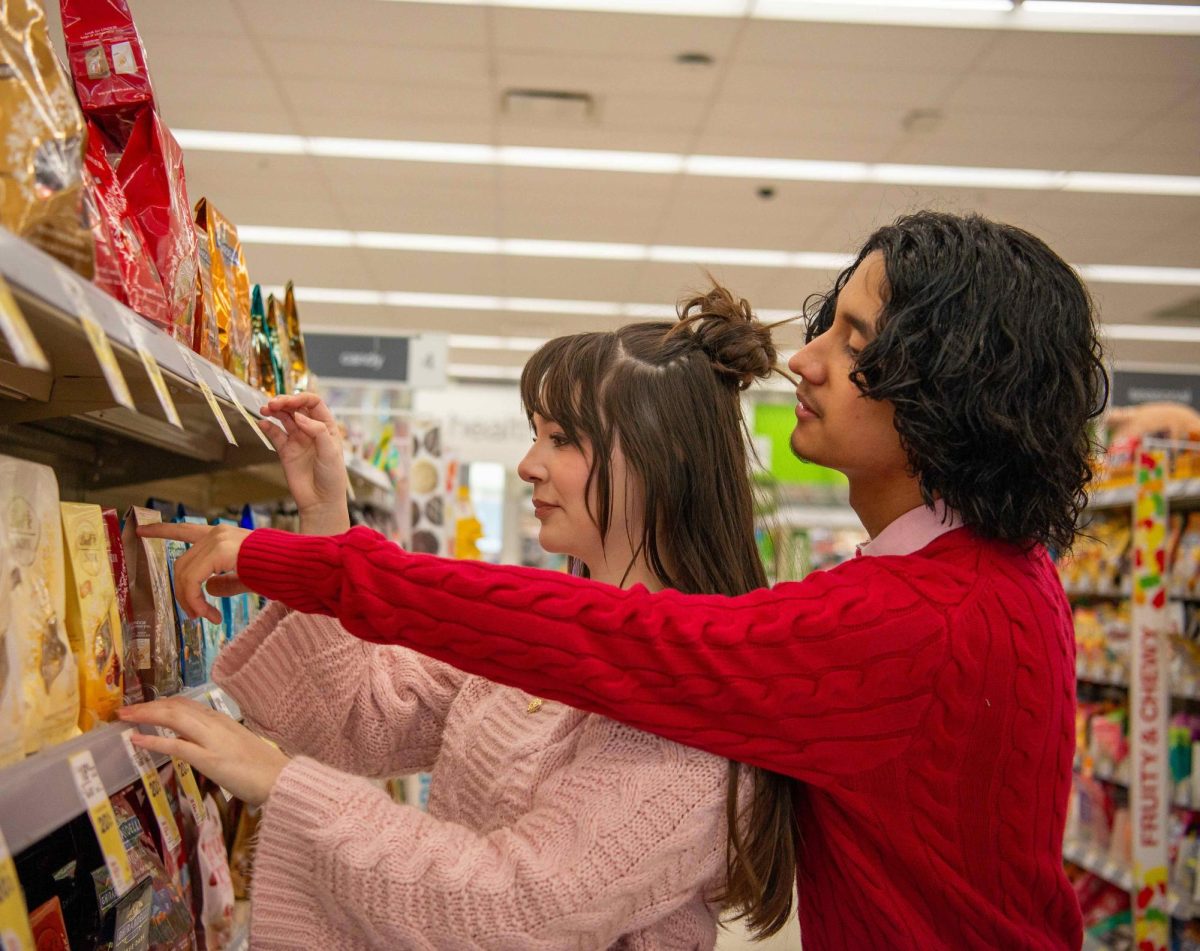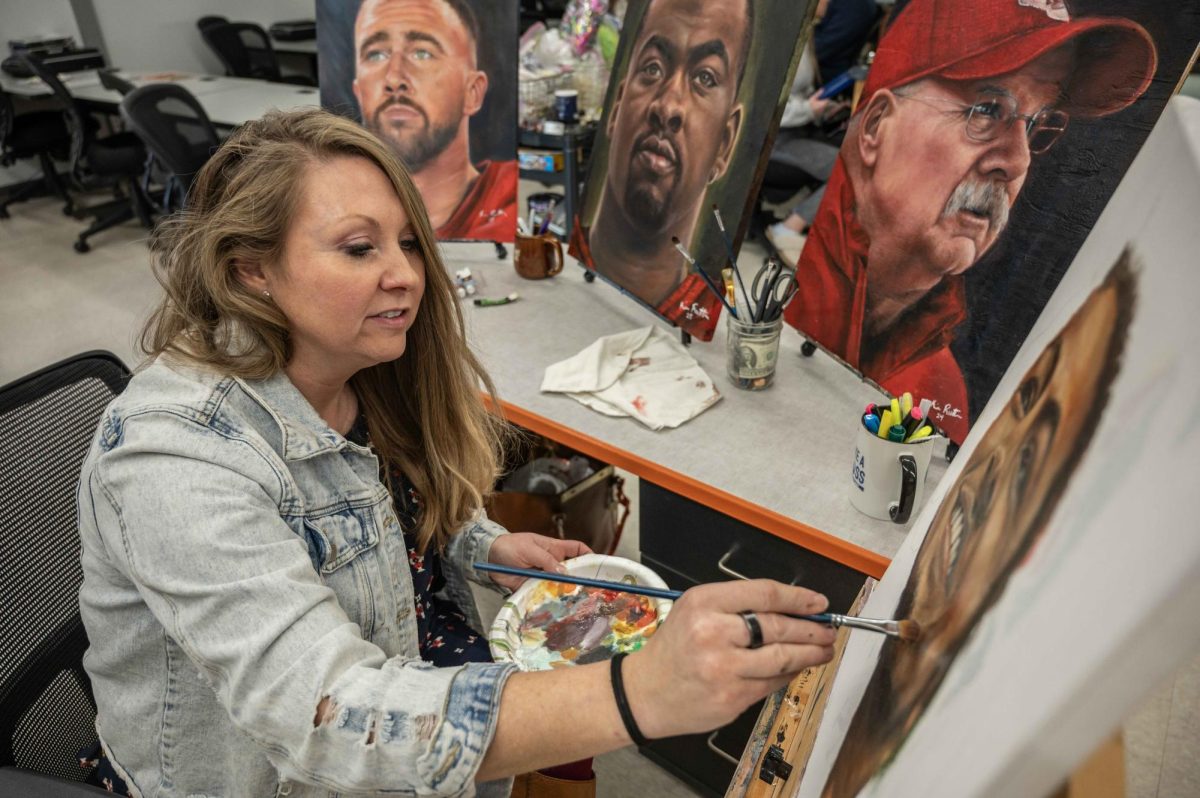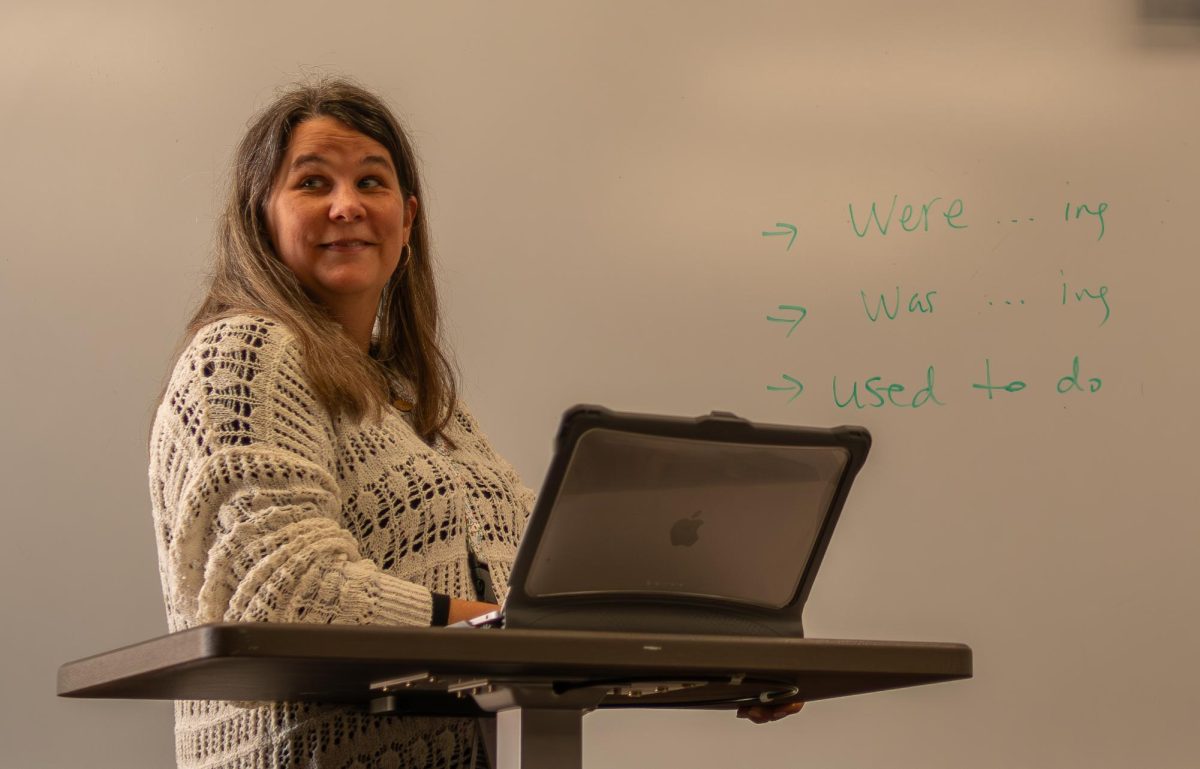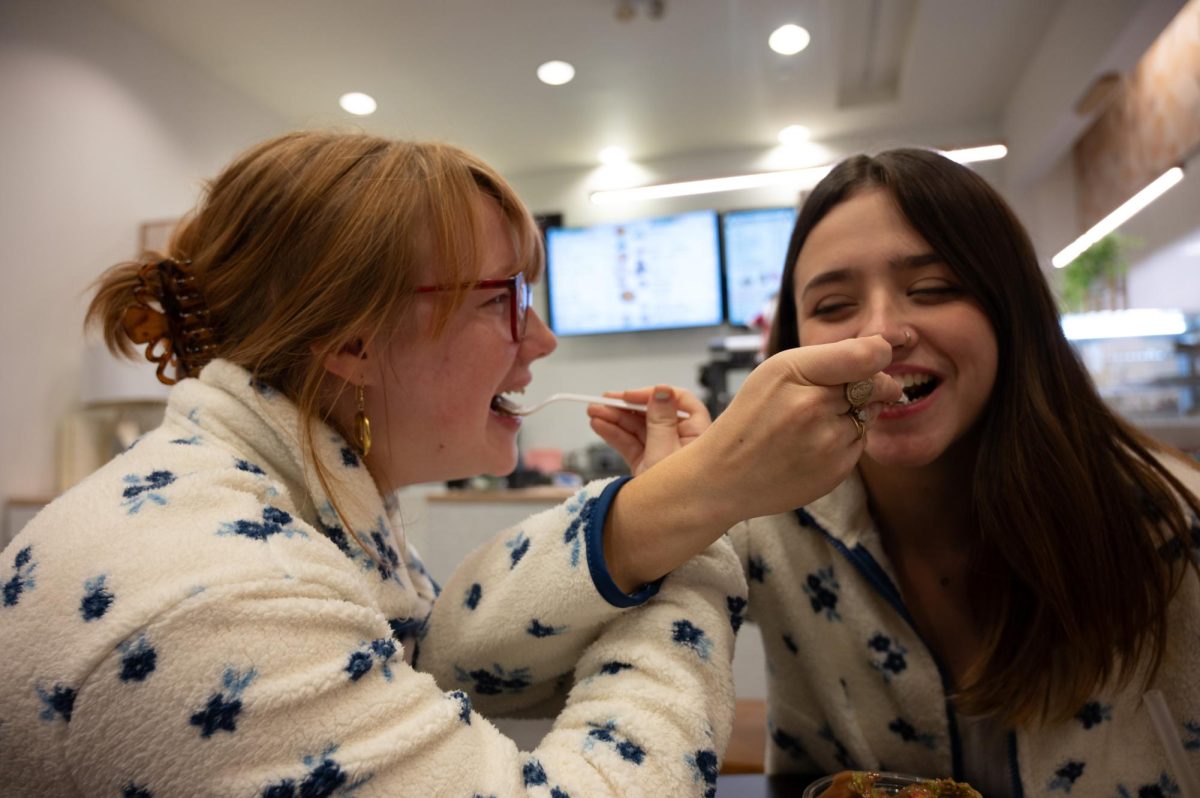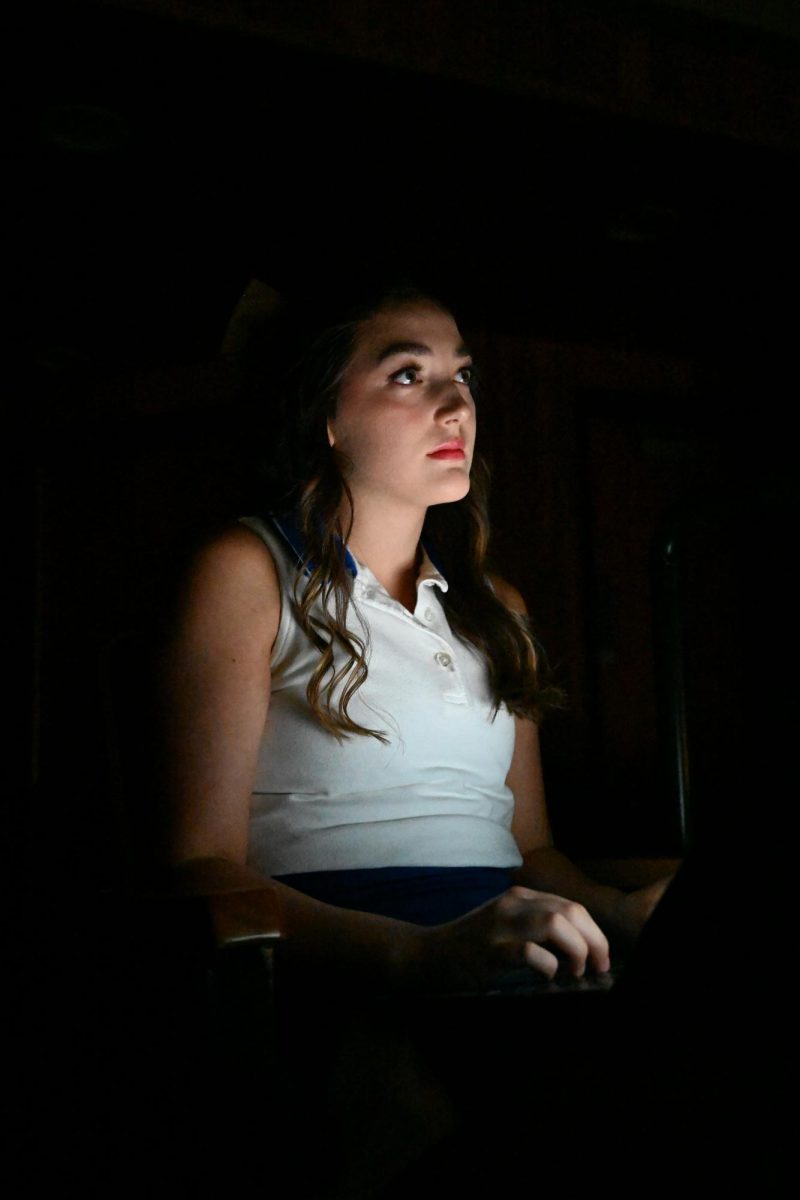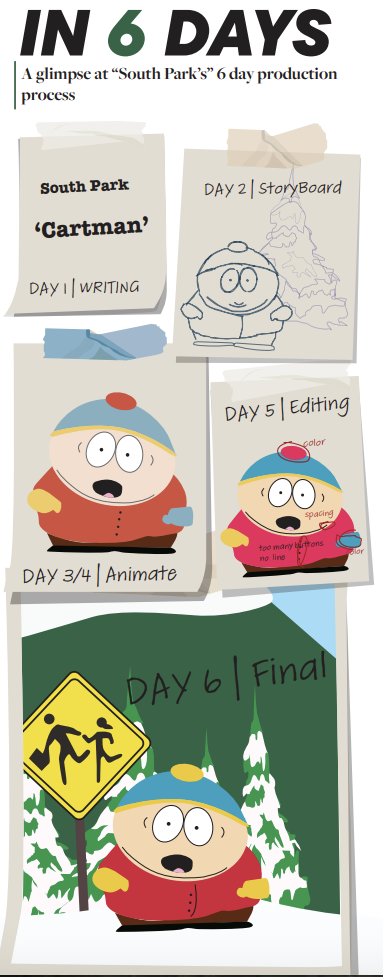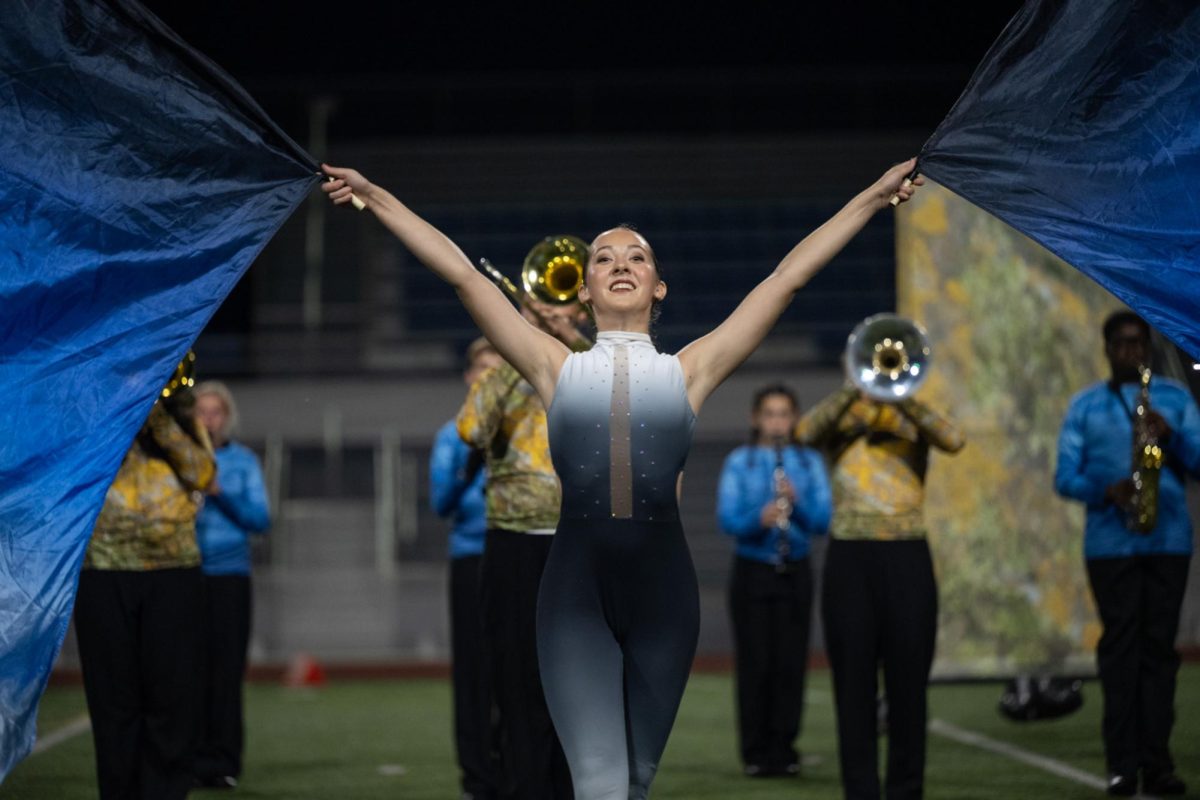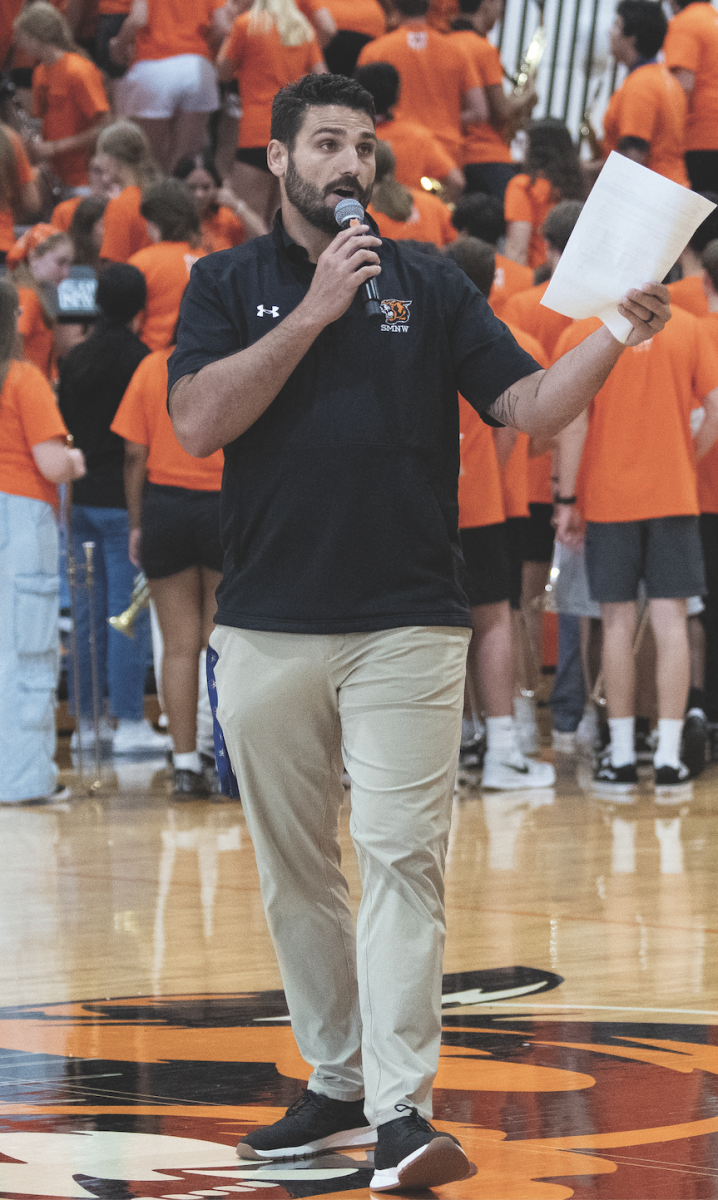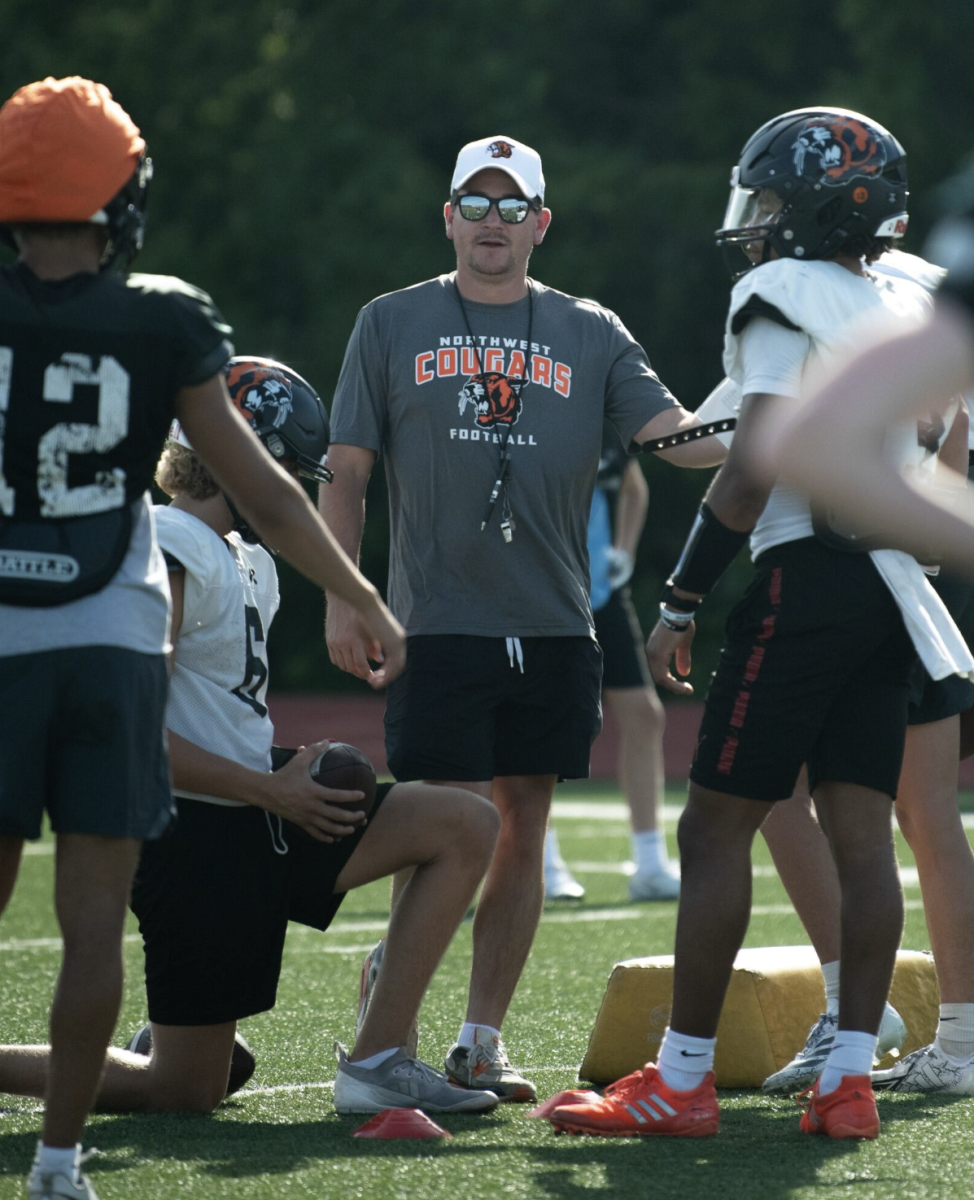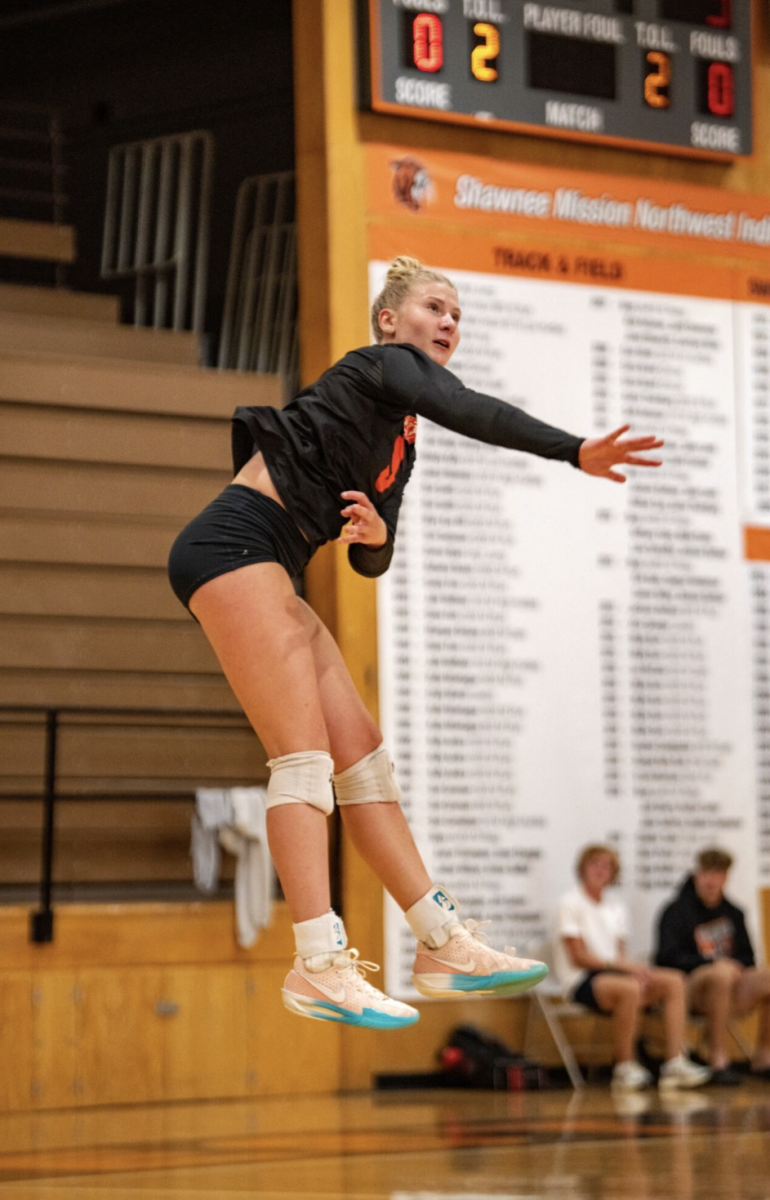To someone looking from the outside, it may seem like nothing more than a bunch of letters: IB, CAS, TOK. But to 80 juniors and seniors, the International Baccalaureate program is another way to learn the same things as everyone else.
May 11, seniors will graduate with IB diplomas. The class of 2010 is the first class that had the opportunity to participate in the International Baccalaureate program at Northwest.
“It’s challenging, a different environment, the teachers and students want to be there,” senior Tony Broll said.
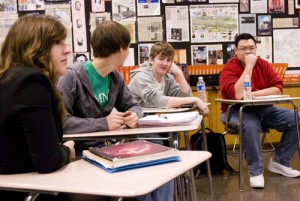 Businessmen in Western Europe started the International Baccalaureate program in the 1960’s with the goal of creating schools with identical curricula, so they could move their children from place to place without missing out on major parts of their education. It soon gained popularity and spread worldwide, now including almost 3000 schools.
Businessmen in Western Europe started the International Baccalaureate program in the 1960’s with the goal of creating schools with identical curricula, so they could move their children from place to place without missing out on major parts of their education. It soon gained popularity and spread worldwide, now including almost 3000 schools.
“It’s kind of changed into an honors program in the United States, which people in England kind of chuckle at because that wasn’t the intention of it,” IB coordinator Bill Sanderson said.
According to Sanderson, the IB program was created with the goal of preparing students for college. Senior Tony Broll, who will graduate with an IB diploma, says that going through the IB classes has helped him become more organized and prepared him for college better than standard or AP classes would have.
Four years ago, the SMSD superintendent decided to establish Northwest as another IB school to compliment SM East’s program.
“We went to visit some IB schools around the area and talked to teachers and talked to kids. We decided we would like to do it,” Sanderson said, “So we went to training and we applied to be an IB school. In the spring of 2008, we were accepted.”
To be accepted as an IB school, the teachers must be trained to teach the IB curriculum. The school also then writes its own curriculum teachers will use to each the classes.
“ is written by IB, but then we have to take what IB gives us and write it in a way that fits our needs. So IB gives you the sandbox to play in. You can play in that sandbox anyway you want as long as you stay within their borders,” Sanderson said.
While the formal IB program does not begin until junior year, students begin deciding if they want to participate in the IB program while they are in eighth grade. During their first two years of high school, pre-IB students must take classes to prepare them for what they choose to study their junior and senior years. Sophomore Sunny Dharod transferred to Northwest from SM West to participate in the IB program. During his freshman and sophomore years, Dharod has had to take harder classes to prepare for IB.
“I wanted to learn more about the world and the way it it works,” Dharod said. “I didn’t want to take the easy way out. I like doing hard things.”
To earn an IB diploma, students have to complete IB classes in six academic subjects: science, math, english, foreign language, social science and an art or psychology. Rather than studying a different subject each year, IB classes spend two years learning about a particular aspect of a subject at a very fast pace. If an IB student wanted to study biology his junior and senior years, he would take physics as a freshman, chemistry as a sophomore and then have his last two years of high school open for IB biology. IB classes also tend to be very small.
“I have classes with five, six or eight people in them,” Skells said. “I love the fact that the classes are smaller. I’ve gotten to know so many people that I otherwise probably wouldn’t have.”
IB diploma candidates are also required to complete 150 hours of creativity, action and service hours (CAS), and write a 4,000-word extended essay. The 150 CAS hours are completed over the course of two years. Participating in a walk for a cause, doing other volunteer work, playing a sport or being involved in a club all count toward CAS hours. Broll originally thought the hours were going to be very hard to accomplish; however, it wasn’t nearly as hard to accomplish as he expected.
“I did do some things I wouldn’t have been as inclined to do otherwise,” Broll said. “There are so many things open to you; you just have to take notice of what you’re doing.”
Skells also finds herself doing things she wouldn’t do otherwise, like helping with the play at Trailridge Middle School and playing indoor soccer.
The IB diploma candidates also work with a mentor teacher to write an eight-page paper about any topic of interest to the student. The students can write their essays about almost anything from music to human rights to the physics of throwing a curve ball. Broll’s essay is about string theory.
IB diploma candidates have to take Theory of Knowledge (TOK) on Thursdays during seminar. TOK is a philosophy class in which IB students discuss knowledge, how humans come to have knowledge and how people process knowledge.
“The majority of the time , we end up debating a topic that relates to what we’re learning about and we get sidetracked. But I think this class really brings us together because we voice our opinions and learn more about each other,” Skells said.
While Sanderson thinks very highly of the AP classes, he believes that students come out of the IB program better rounded and better prepared for college than a student on a strictly AP curriculum would.
“In an AP curriculum, students can pick and choose what they take. In the IB diploma program, you’re in the equivalent of an AP class in everything so it gets you out of your comfort zone. You’re going to be in AP Spanish even though you wouldn’t have taken it otherwise. You’re going to be in an honors level math class when you might not have chosen to do that. So what it does is force students to raise the bar to excel in areas and to work in areas that you might not have otherwise chose to in a strictly AP curriculum,” Sanderson said.
“I definitely would say that has made me more well-rounded. If I had chosen to stay in just honors classes I wouldn’t have been taken out of my comfort zone socially. IB has taught me how to be much more outgoing. It’s necessary when you’re in a class with people you don’t know very well,” Skells said. “IB is special because it brings about a sense of togetherness among the students. Everyone is understanding of each other because we’re all dealing with the same stress level, same classes, same teachers and same people. I believe that by graduation, some of my classes will be like family to me.”
-Maria Davison and Kelsey Gasser

